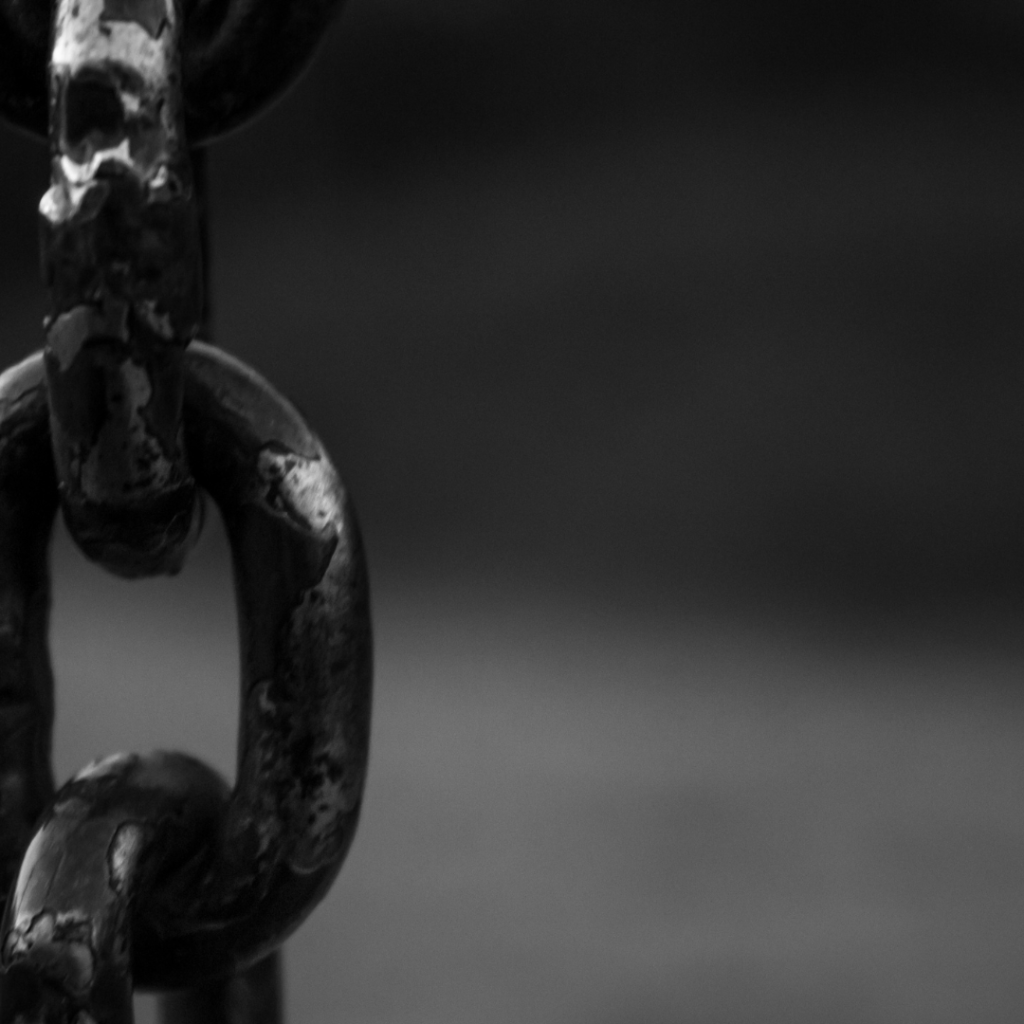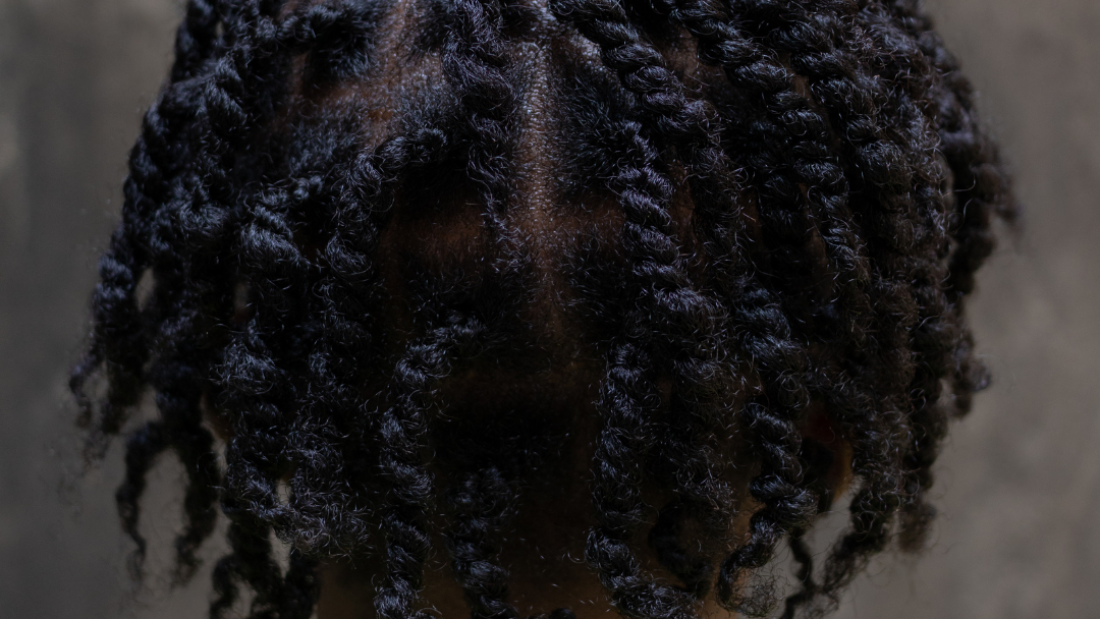My advice as a survivor of prostitution - Tribune Online (tribuneonlineng.com)
As I sat in a darkened room in Abuja for a screening of Kenneth Gyang’s acclaimed sex trafficking film, Òlòturé,Ó I prepared to watch another glamorous depiction of life in prostitution. I had been invited by my home country, South Africa, to join a group of women’s rights organizations on a multi-city tour of Nigeria to screen Gyang’s film and discuss the country’s acute human trafficking crisis. The International Organization for Migration estimates that approximately 1.4 million people in Nigeria are victims of this global scourge, the majority of whom are women and girls trafficked for sexual exploitation within its borders and around the world.
The auditorium of the Yar’Adua Center was packed with local Nigerian dignitaries, members of civil society, and ambassadors from Argentina, Brazil, France, Italy, Spain, Sweden and the United States. But as soon as the first images of the film hit the screen, I felt alone, completely swept away by my own memories.
As a survivor of prostitution, I don’t often see my story accurately reflected in art or the media. But Òlòturé, set in Lagos, does not shy away from depicting the brutal realities of the sex trade. I recognized it all: the violence and dehumanization that sex buyers inflicted on me, the harassment and corruption of the police, the deaths of my prostitute sisters, and the indifference of my community and my country to our struggles. Òlòturé is about the grooming and recruitment of women by sex traffickers in Nigeria for the brothels of Europe, but the scenario is universal.
The sex trade, which includes street prostitution, escorting, online dating, strip clubs and pornography, is a complex, multi-billion dollar system of sexual exploitation that preys on the most vulnerable among us for the pleasure of men and the profit of a few. The sex trade is the sole purpose of human trafficking. Once you’re in, it’s almost impossible to get out.
Women and girls do not choose prostitution: prostitution chooses them. Prostitution is chosen by the injustices of our colonial and apartheid past, persistent inequalities, poverty, past sexual and physical abuse, pimps who take advantage of our vulnerabilities, and men who buy us into prostitution.
Nigerian women constitute the majority of victims of human trafficking in Europe. According to the United Nations, 80% of Nigerian women sent to the coasts of Italy, France or Spain are sold into prostitution. Indeed, there is a market for them: greedy sex buyers waiting for the latest African shipment of poor women desperate for a better life. In fact, the problem is so widespread that after the screening, many women approached me to share the impact of prostitution and human trafficking on their lives.
So why do we accept this difficult situation for women? Thomas Sankara, revolutionary pan-Africanist and former president of Burkina Faso, once said, “Prostitution is the symbol of the contempt that men have for women. Every survivor of the sex trade knows this contempt first hand.

As an activist who travels the world speaking out about the harms of prostitution, I now devote my time to defending the Sankara Model of Equality. This legal framework recognizes the prostitution system as a form of gender-based violence and discrimination and serves as a tool to prevent sex trafficking. The law ends the criminalization of people in prostitution, provides them with services and exit options, while holding sex buyers accountable for the serious harm they cause. Sweden was the first country to pass such a law in 1999, targeting sex buyers who fuel the multi-billion dollar global sex trade. Today, Canada, France, Iceland, Israel, Northern Ireland, Norway and the Republic of Ireland have all enacted such legislation.
Tragically, my country is now proposing to do the opposite and decriminalize the sex trade, allowing prostitution to flourish throughout South Africa. The bill tells men that women’s bodies are always for sale and ready to be abused, without consequence. As South Africa considers hosting pimps and traffickers, Nigeria can and should lead the way for the continent by adopting the Sankara model of equality.
In doing so, Nigeria would become the first African country to recognize that prostitution is male violence against women and that the demand for prostitution leads to sex trafficking and human rights violations.
Although it has been years since I escaped prostitution, I still have trouble sleeping at night. I thank God and my lucky stars that I made it out alive. I know that many will not make it. It is time we stop condemning generations of women and girls to violence and dehumanization. Nigerian women dream of a world where they can flourish as full human beings, worthy of equality and dignity, without fear of being sold to the highest bidder.
“Mickey Meji is a South African survivor of prostitution, a prominent women’s rights activist and founder of the Survivor Empowerment and Support Programme.


Add a Comment